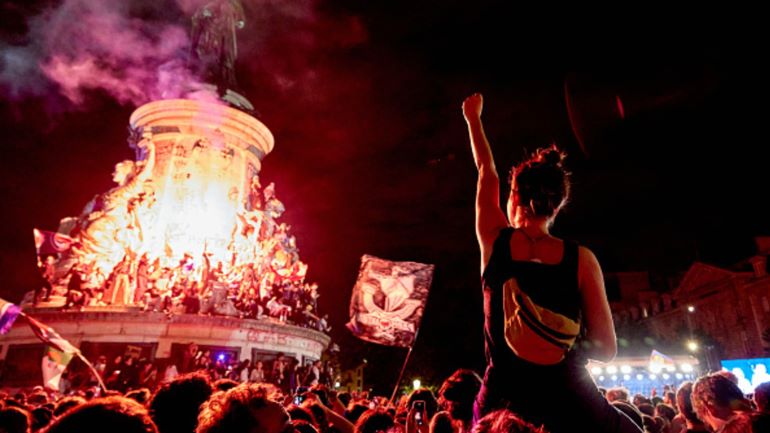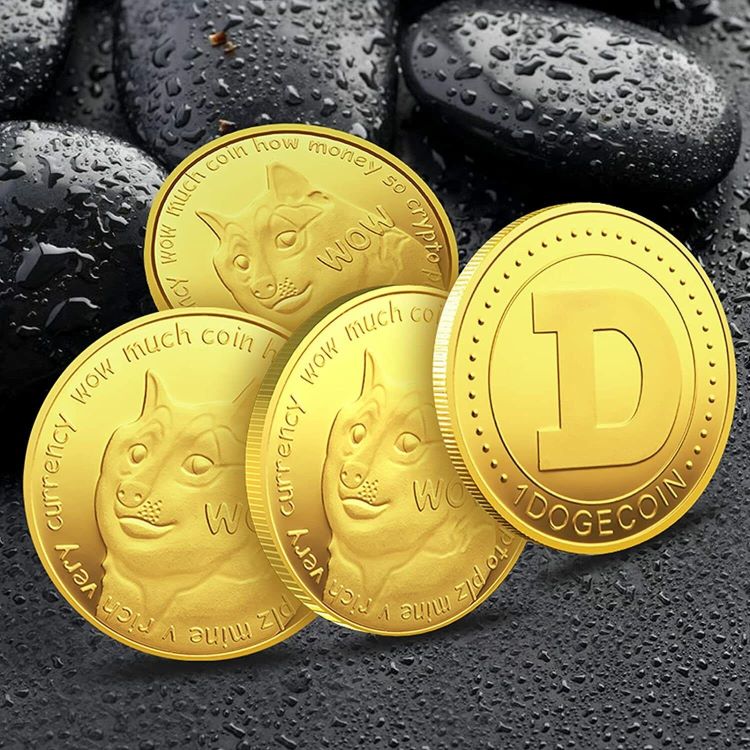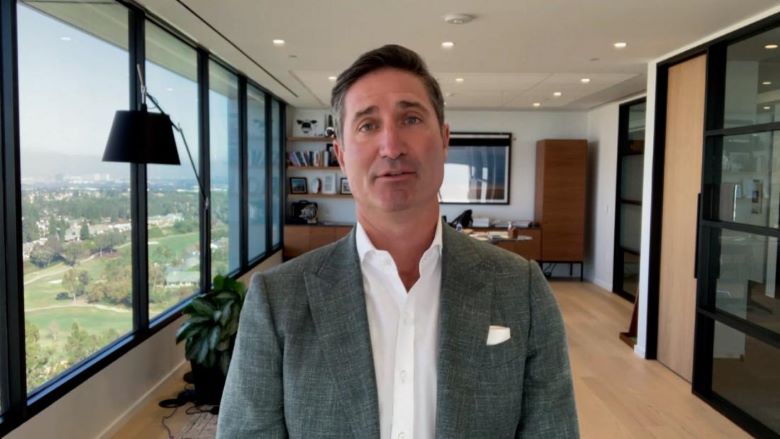Anamika Dey, editor
News in brief
France’s snap election is expected to see the National Rally (RN) expand on its first-round victory or if centrist and left-wing parties can stop it from joining government. The far-right RN has won 33% of the vote in the first round, followed by the left-wing New Popular Front (NFP) with 28% and the Macron-supporting coalition Together with 20%. Since the first ballot, center-right and left parties have worked hard to prevent RN from winning the second ballot and gaining a legislative majority.
The anti-right front thinks voters should vote for non-RN candidates by presenting starker choice and fewer possibilities. Its success is uncertain, and analysts warn that French people may not like being told how or who to vote for. The elections are a chaos, and the Sunday night result of a surprise election Macron did not need to call will reveal how difficult it may be to reach a national consensus.
Political analysts concur that France’s combustible politics and voter animosity will lead to further civil strife. If only 33-34% of people vote for the far-right, it means the rest are wary of or opposed to it, which will affect institutional politics, party politics, the National Assembly, and society. A polarized society that would worry younger people, ethnic minorities, women, and feminists is possible.
The National Rally exploits voter fears of crime, immigration, national identity, and economic uncertainty. If the RN candidate appears on the ballot, Ifop’s July 3 opinion survey indicates voters may choose a moderate pro-Macron or leftwing candidate. Analysts expect RN to win the most votes but not an absolute majority of 289 members, creating a hung parliament and causing Macron and France’s political and economic outlook concern.
News in details
“We’re scared of what might happen,” 34-year-old Amel told CNBC before France’s snap election’s final round this weekend.
The vote is keenly followed by all sectors of French society to see if the nationalist, anti-immigration National Rally (RN) expands on its first-round triumph or if centrist and left-wing parties can stop it from joining government.
A really stressful period. It’s the first time the extreme right has won the first round. So it’s incredibly important,” said therapist Amel, who would vote for the left-wing New Popular Front.
“We are very anxious and trying to get everyone to vote, telling people who don’t vote to vote, and convincing extreme right voters that they are not a good solution [to France’s problems].”
Although many are fed up with France’s political establishment, led by President Emmanuel Macron since 2017, the far-right RN rejects the “extremist” term, insisting it defends French values, culture, and citizens.
But RN’s opponents and critics fear France is on the edge of a political disaster if an anti-immigration, nationalist, and euroskeptic party gets a majority in Macron’s emergency election after his party fell severely to the hard-right in June European Parliament elections. Prime Minister Gabriel Attal says French citizens have a “moral duty” to stop the party’s rise.
Young, left-leaning voters like Amel worry about France’s social cohesiveness after RN’s surge in voter surveys and its victory in the first round of the election last weekend.
“I worry about the nation’s future. Since the subject is delicate, Amel, who chose to use her first name, claimed it’s growing worse. It’ll be civil war-like. I hope it doesn’t reach there, but people will stop mixing and be afraid. And this is terrifying.”
Political polarisation has been highlighted by the emergency election, as polls suggest a bitterly divided nation before Sunday’s final round.
The far-right RN won 33% of the vote in the first round, followed by the leftwing New Popular Front (NFP) with 28% and the Macron-supporting coalition Together with 20%.
Since the first ballot, center-right and left parties have worked hard to prevent RN from winning the second ballot and gaining a legislative majority. Centrists and leftists have withdrawn candidature in several seats where one of their candidates might beat the RN as part of a “Republican Front.”
Anti-right front thinks voters to vote for non-RN candidate by presenting starker choice and fewer possibilities. Its success is uncertain, and analysts warn that French people may not like being told how or who to vote for.

The elections are chaos
The Sunday night result of a surprise election Macron did not need to call will reveal how difficult it may be to reach a national consensus.
The nation’s reaction is likewise unknown. The “Yellow Vest” anti-government movement and public protests since June 30’s first round of voting have caused civic instability in France.
Fearing greater unrest following Sunday’s election, France’s Interior Ministry is allegedly planning to deploy 30,000 cops nationwide on Sunday night. Interior Minister Gérald Darmanin said 5,000 police will patrol Paris and its surroundings to “ensure that the radical right and radical left do not take advantage of the situation to cause mayhem.”
In 2019, French police used water cannon and tear gas at “yellow vest” protesters.
A gendarmerie member told CNBC that the “French elections are a mess” and that the “public divide has rarely been so flagrant in France.”
“People’s opinions are becoming more and more divided and this is felt in everyday life,” the gendarme told CNBC, requesting anonymity.
The cop, a right-leaning 40-year-old father of three, called French polarisation “very worrying, but unfortunately normal with the ‘diversity’ of our society.”
“More and more people with different values and educations are being forced to co-exist, and this clearly doesn’t work,” the Bordeaux officer stated.
“I worry about the country’s future because we are too generous to people who don’t integrate and contribute to our society. This can’t last.”
The police official predicted civic turmoil following the elections, whatever party won.
“There will be civil unrest whoever is elected, this is France and the people speak their mind.”
Civil unrest possible
Political analysts concur that France’s combustible politics and voter animosity will lead to further civil strife.
“You’ve got here all the recipe for a super-polarized political scene and that, of course, translates into civil society as a whole,” University College London French and European politics professor Philippe Marlière told CNBC.
“If only 33-34% of people vote for the far-right, it means the rest are wary of or opposed to it, which will affect institutional politics, party politics, the National Assembly, and society. He predicted a polarised society that would worry younger people, ethnic minorities, women, and feminists.

Marlière did not rule out street violence if a far-right party won power. “We’re not there. However, if policies are unpopular, antagonising, and antagonistic to specific groups, there will be street protests, he added.
An unidentified figure
The National Rally, like other European hard-right parties, exploits voter fears of crime, immigration, national identity, and economic uncertainty. RN’s 28-year-old leader Jordan Bardella has promised to “restore order,” curb immigration, and fight delinquency, but he and party leader Marine Le Pen have backtracked on some of their more extreme promises, including leaving NATO and softening the party’s pro-Russian stance.

Bardella said he would favour sending armaments to Ukraine but not ground soldiers, as Macron offered.
It’s unclear how many National Rally policies would be implemented if elected. The “Republican Front” is confident before the second round of voting that their campaign to damage the RN is working.
If the RN candidate appears on the ballot on Sunday, Ifop’s July 3 opinion survey indicates voters may choose a moderate pro-Macron or leftwing candidate. A split vote was more likely if the option was between far-left and far-right candidates.
In the 577-seat National Assembly, analysts expect RN to win the most votes but not an absolute majority of 289 members, creating a hung parliament and causing Macron and France’s political and economic outlook concern.
“The political landscape is in turmoil and can’t really work any longer, at least not by the old rules,” Ipsos analyst Mathieu Doiret told CNBC Thursday.
“Every stakeholder finds it difficult to adapt to this new situation because it’s so far from our traditions and political habitus.”
Source : CNBC News



